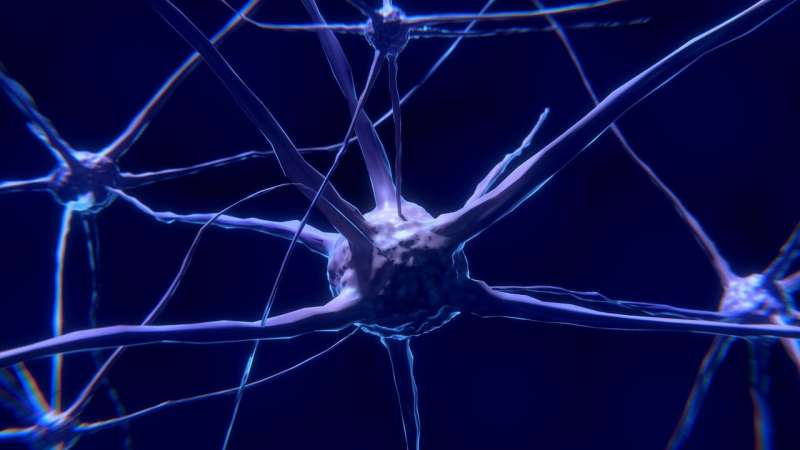
Our brains experience significant changes in blood flow and neural activity during sleep, according to Penn State researchers. Such changes may help to clean out metabolic brain waste that builds up during the day.
“We studied the sleep patterns of mice during both rapid eye movement and non-rapid eye movement sleep stages, as well as in different alertness states,” said Patrick Drew, Huck Distinguished Associate Professor of Engineering Science and Mechanics, Neurosurgery and Biomedical Engineering.
Mice were chosen for the study because of their brains’ remarkable similarity with human brains, said the researchers.
In both mice and humans, non-REM sleep is the first stage of sleep that occurs when a person falls to sleep for about the first hour or two, according to Drew, while REM sleep is characterized by rapid eye movements and vivid dreams.
During the different sleep and alertness states, the researchers monitored the neural activity, blood vessel dilation, electromyography activity and whisker and body movements of the mice.
Mice move their whiskers during rapid eye movement (REM) sleep instead of moving their eyes, and also sleep with their eyelids open.
“The mice naturally fall asleep very quickly even while their heads were restrained to allow for neural imaging,” Drew said. “We used machine learning algorithms to continually monitor the sleep stages the animals were in, and also when they were awake, as they greatly impact blood flow fluctuations.”
Using optical imaging and two-photon microscopy, report in eLIfe that the researchers found that brain arterioles, or small branches of arteries, were more much more dilated when the mice were in non-REM sleep than when they were awake. During REM sleep, the dilation was even larger than during non-REM sleep.
Such blood flow changes indicate the brain is healthy, according to Drew.
“The dilated blood vessels and increased blood flow may help the brain move waste products out of the brain,” he said.
This is why disrupted sleep is associated with diseases that afflict the brain, such as Alzheimer’s and dementia.
“The working hypothesis is that with diseases affecting the brain, the body fails to clear the neural waste fluid due to lack of sleep,” Drew said. “And decreases in cerebral blood flow may often proceed degenerative brain illnesses.”
Further, insomnia could negatively contribute to mental health conditions like anxiety and depression, as the brain is unable to clear out the waste fluid when sleep is disrupted for an extended period of time.
Source: Read Full Article
